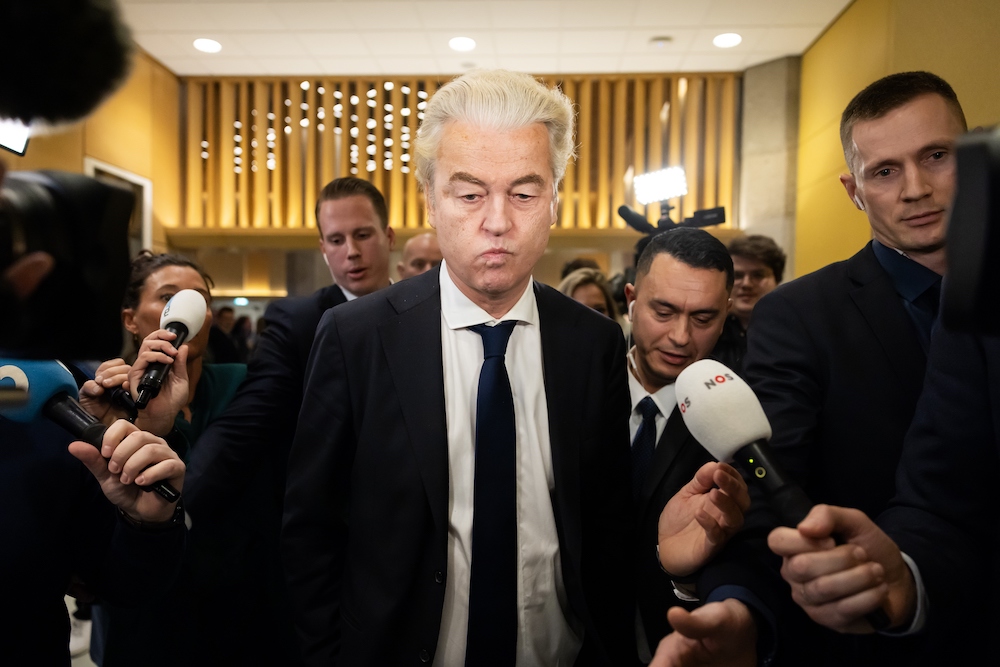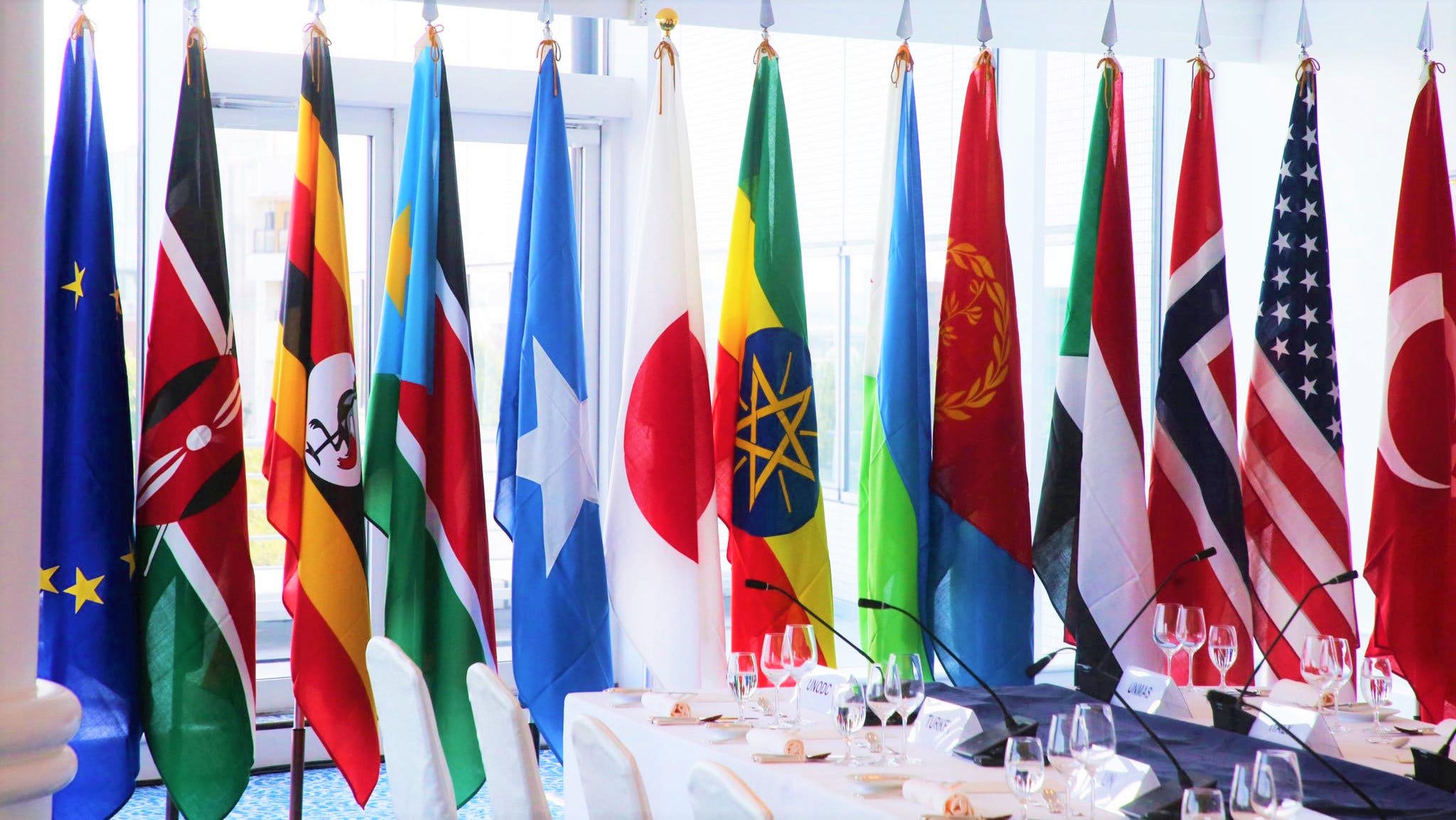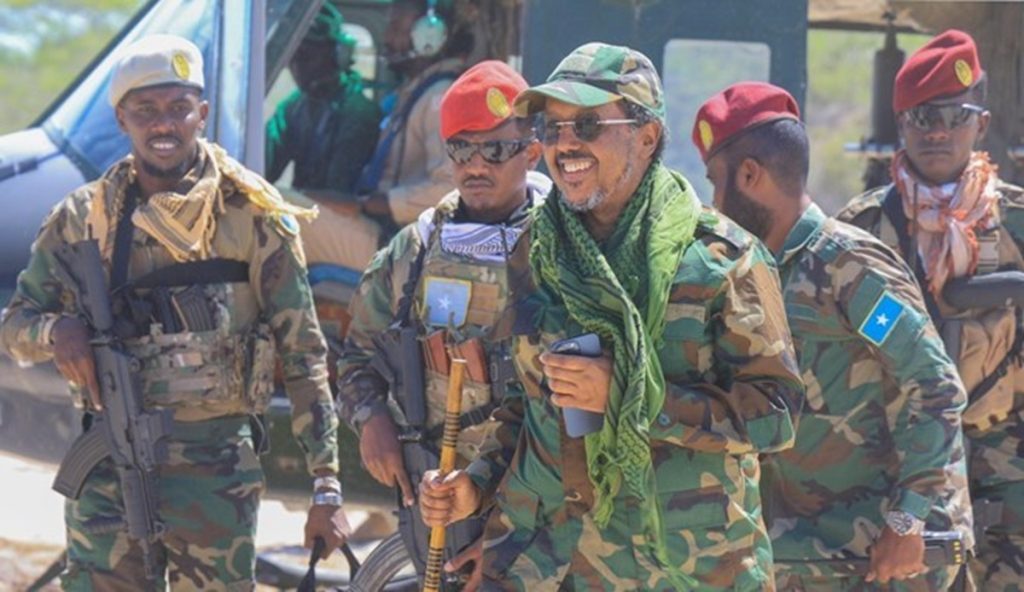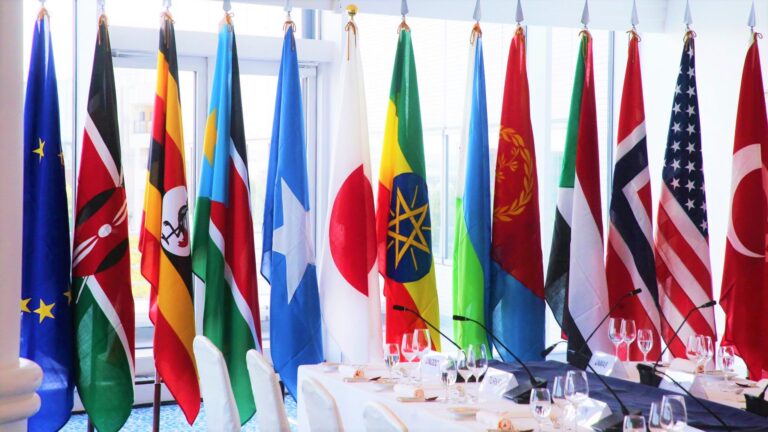The Hague- Netherlands-In a dramatic turn of events, MPs from the far-right Party for Freedom (PVV) have declared their unwavering opposition to any amendments to controversial legislation designed to curb refugee numbers in the Netherlands. Party leader Geert Wilders announced on Tuesday afternoon that the PVV would not accept “any changes at all” to the bill, despite mounting concerns about its effectiveness.
This bold stance follows critical remarks from the Council of State, the Dutch government’s senior advisory body, which issued a damning assessment of the legislation on Monday. The Council concluded that there was no evidence the proposed measures would achieve the desired reduction in refugee numbers. Additionally, it warned that the legislation could exacerbate the existing strain on the immigration service (IND) and the legal system, which is already struggling with the influx of asylum seekers.

The Council’s advice is to delay presenting the bill in its current form to parliament. However, Wilders has made it clear that any attempt to modify the legislation will not be tolerated. “If any other cabinet party pushes for changes, this cabinet has had it,” he warned, further intensifying the rift within the ruling coalition.
The controversy has already put significant strain on the relationships between the four coalition parties. The National Security and Crisis (NSC) party, in particular, has come under fire from Wilders. He pointed fingers at the NSC, claiming that if the cabinet collapses over this issue, it would be the NSC’s fault.
Earlier on Tuesday, Nicolien van Vroonhoven, a member of the NSC, stated that her party believed it should be possible to consider the proposed amendments recommended by the Council of State. “We believe that these changes are necessary to ensure the bill is effective,” she said.
Prime Minister Dick Schoof, who leads the government as a non-partisan figure, responded by calling for flexibility and open dialogue. “I’m always open to improvements,” he said during a press briefing outside the parliamentary complex. “Ultimately, it is up to the cabinet to decide how to proceed.”
Pieter Omtzigt, leader of the NSC, has been notably cautious about the situation. Known for emphasizing good governance, Omtzigt has refrained from offering detailed comments. Instead, he indicated that he would wait for the cabinet’s decision before making any further statements. “The good thing about the legislative process is that you debate the contents of draft laws in parliament, not via Twitter,” he remarked.
The unfolding conflict marks another chapter in the tense political landscape of the Netherlands, where divisions over immigration policy continue to deepen. The fate of the controversial legislation now hangs in the balance, with no clear resolution in sight.
Telegaraf News







